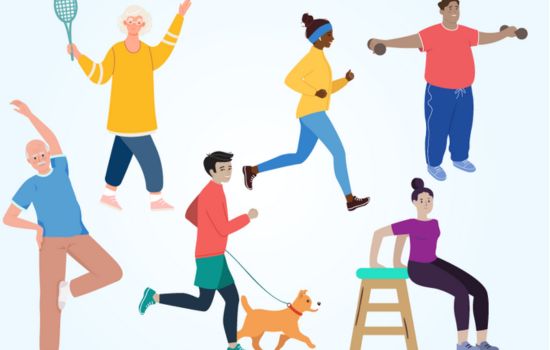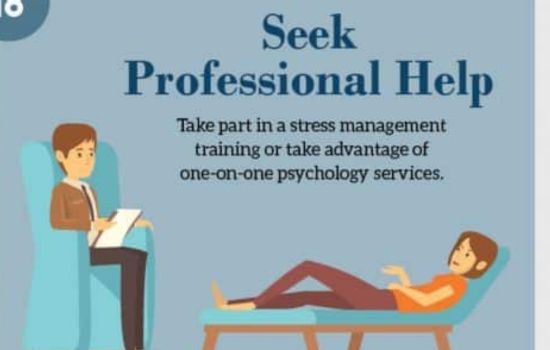It is important to understand that stress may be a healthy adaptive reaction to difficult circumstances when it occurs in moderation. Stress starts to negatively impact our happiness and health when it becomes unbearable and persistent.
Table of Contents
The Impact of Stress:
Stress can have serious physical effects in addition to its effects on our emotions. Furthermore persistent stress has been connected to grave medical disorders like depression, diabetes and heart disease.
Identifying Stress Triggers:
Finding the sources of your stress is one of the first steps towards controlling it. Events or situations in your life usually make you feel stressed. You worried about money relationships or work deadlines. By identifying these triggers you can start creating more effective coping mechanisms.
Workplace Pressures:
Workplace stress can be brought on by deadlines difficult assignments disagreements with co workers or an excessive workload.

Personal Relationships:
Tense friendships family or romantic relationships can be major sources of stress. Stress might be increased by disagreements miscommunications or loneliness.
Financial Concerns:
Chronic stress can be brought on by money related problems like debt unstable finances or unstable employment.
Health Challenges:
Managing a loved one’s health condition or dealing with illness or chronic pain can be extremely stressful.
Life Changes:
Due to the necessary adaptations major life events like getting married, having a kid, moving to a new place or starting a new work can be both exhilarating and stressful.
Traumatic Events:
Acute stress reactions can be brought on by current or past traumas accidents or natural disasters.
Techniques for Managing Stress:
Mindfulness and Meditation:
Deep breathing exercises and other mindfulness techniques can help relax the mind and lower stress levels. You can develop more inner resilience and serenity by putting your attention on the here and now and letting go of concerns about the past or the future.
Physical Activity:
Frequent exercise helps you manage stress in addition to improving your physical health. Engaging in physical activity such as going for a brisk walk doing yoga or going to the gym produces endorphins which are naturally occurring mood enhancers that can help reduce stress.

Healthy Lifestyle Choices:
Stress management techniques include eating a well balanced diet getting enough sleep and abstaining from excessive caffeine and alcohol. Resilience in the face of adversity is based on leading a healthy lifestyle.
Time Management:
One of the main causes of stress is having an endless to do list. You can restore control over your schedule by learning to set realistic goals, assign duties to others when appropriate and prioritize your workload.
Social Support:
During trying times reaching out to friends family or a support system can help provide emotional support. Gaining perspective and feeling less alone in your challenges might be achieved by talking to others about your feelings and experiences.
Setting Boundaries:
Stress management requires the ability to set limits and say no in both personal and professional interactions. Acknowledge your limitations and do not be afraid to say no to new commitments when you were feeling overburdened.
Seeking Professional Help:
Do not be afraid to get professional assistance if stress starts to seriously disrupt your everyday life and becomes too much to handle. In addition to offering coping mechanisms, a therapist or counselor can assist you in addressing the underlying problems that are causing your stress.

Conclusion:
We can learn to deal with life’s obstacles more easily and resiliently by practicing good coping mechanisms and prioritizing self-care. Remind yourself that seeking assistance when necessary is acceptable and that maintaining your mental and emotional well-being is just as crucial as maintaining your physical health. Thus the next time tension overwhelms you, take a deep breath tell yourself you can overcome this obstacle and ask for help if needed.

